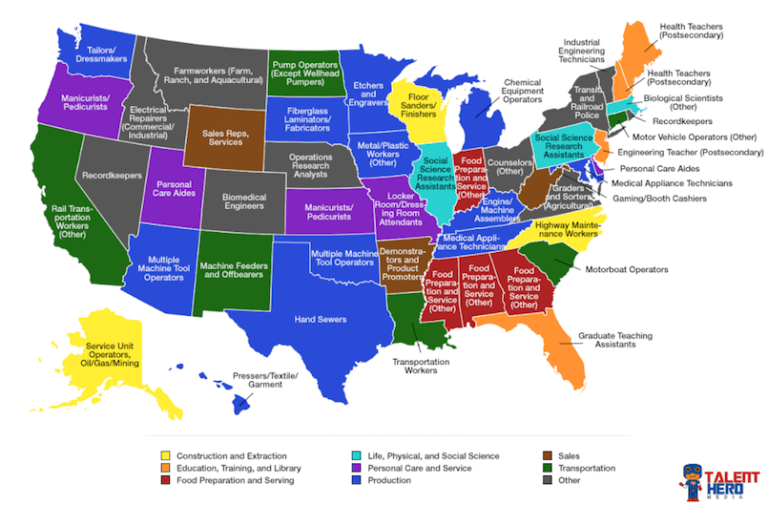The Spit Test:
A little spit may help predict whether a child’s concussion symptoms will subside in days or persist for weeks.
A test that measures fragments of genetic material in saliva was nearly 90 percent accurate in identifying children and adolescents whose symptoms persisted for at least a month, a Penn State team told the Pediatric Academic Societies Meeting in San Francisco, Calif. In contrast, a concussion survey commonly used by doctors was right less than 70 percent of the time.
If the experimental test pans out, “a pediatrician could collect saliva with a swab, send it off to the lab and then be able to call the family the next day,” says Steven Hicks, an assistant professor of pediatrics at Penn State Hershey. Hicks helped develop the test and consults for a company that hopes to market concussion tests.
A reliable test would help overcome a major obstacle in assessing and treating concussions, which affect more than one million children and adolescents in the U.S. each year. Many of the injuries are related to sports.
In most cases, concussion symptoms last only a few days. But up to 25 percent of young patients “go on to have these prolonged headaches, fatigue, nausea, and those symptoms can last sometimes one to four months,” Hicks says.
And, right now, there’s no way to know which kids are going to have long-term problems, he says.
“Parents often say that their biggest concern is, ‘When is my child going to be back to normal again?’ ” Hicks says. “And that’s something we have a very difficult time predicting.”
Hicks and a team of researchers have been looking for an objective test that might help.
They knew that, after a concussion, injured brain cells try to heal themselves. As a part of this process, brain cells release tiny fragments of genetic material called microRNAs. Some of these fragments eventually turn up in blood and even in saliva.
Now this chart is worth your time: each State’s fastest growing job category.












